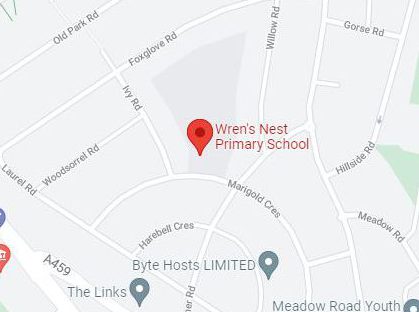We hope you find this glossary of common education and related terminology useful.
AfL – Assessment for Learning – From September 2009, all UK schools were expected to implement an assessment for learning program. Day-to-day assessments would include effective questioning; observations of children during teaching and while they are working; holding discussions with children; analysing work and reporting to children; conducting tests and giving quick feedback.
DfE – The Department for Education – They responsible for education and children’s services in England.
Differentiation – A wide variety of teaching techniques and lesson adaptations that teachers use with pupils of differing abilities in the same class.
EAL – English as an Additional Language – Refers to children whose first language(s) is/are not English and who may not yet be speaking English fluently or even at all.
EBD – Emotional and Behavioural Difficulties.
E Safety – a framework for protecting young people whilst using electronic media.
ESOL – English for Speakers of Other Languages or English as a Second or Other Language – If English is not your main language you can take part in a course to help you improve your English. These courses are called ESOL.
EWO – Education Welfare Officer – Person employed by the Local Authority to help parents and the LA meet their statutory obligations in relation to school attendance.
EYFS – Early Years Foundation Stage – A framework for care and education of children from birth to five years of age. This stage typically means Nursery and Reception classes.
FSM – Free School Meals
G & T – Gifted and Talented (gifted are those with high ability in one or more academic subjects and the talented are those with high ability in sport).
HLTA – Higher Level Teaching Assistant
HMI – Her Majesty’s Inspector of Schools
ICT – Information and Communication Technology
IEP – Individual Education Plan for SEN pupils
Inclusion – removing barriers to learning so all pupils can participate at their own level.
INSET – In-Service Education and Training – training for teachers which takes place during the school year.
KS1 – Key Stage 1 – 5-7 years old (Years 1 and 2)
KS2 – Key Stage 2 – 7-11 years old (Years 3 to 6)
LAC – Looked After Children
LEA – Local Education Authority
LSA – Learning Support Assistant
MFL – Modern Foreign Languages
MLD – Moderate Learning Difficulties
NC – National Curriculum
NQT – Newly Qualified Teacher
Ofsted – The Office for Standards in Education, Children’s Services and Skills is an independent organisation, which reports directly to Parliament. Ofsted inspects and regulates services, which care for children and young people and those providing education and skills for learners of all ages. Ofsted sets out to raise standards in British schools through regular inspections.
PE – Physical Education
Performance Table – published by the DfE to compare schools’ results.
Phonics – Phonics refers to a method for teaching speakers of English to read and write their language. It involves connecting the sounds of spoken English with letters or groups of letters (e.g. that the sound /k/ can be represented by c, k, ck or ch spellings) and teaching them to blend the sounds of letters together to produce approximate pronunciations of unknown words. In this way, phonics enables people to use individual sounds to construct words. For example, when taught the sounds for the letters t, p, a and s, one can build up the words “tap”, “pat”, “pats”, “taps” and “sat.”
PPA – Planning, Preparation and Assessment Time
PSHE – Personal, Social, Health and Economic Education
QTS – Qualified Teacher Status
RE – Religious Education
SATs – Standard Attainment Tests/Tasks – National Curriculum Tests and Tasks which take place at the end of Key Stage 1 and at the end of Key Stage 2.
SEN – Special Educational Needs Provision – Support for pupils with learning difficulties.
SENDCO – Special Educational Needs Co-ordinator
SLD – Severe Learning Difficulties
SLT – Senior Leadership Team
SMSC- Spiritual, moral, social and cultural development
SPAG – Spelling, Punctuation and Grammar
TA – Teaching Assistant
Transition – The movement of pupils to their new class or school and the procedures associated with it.

